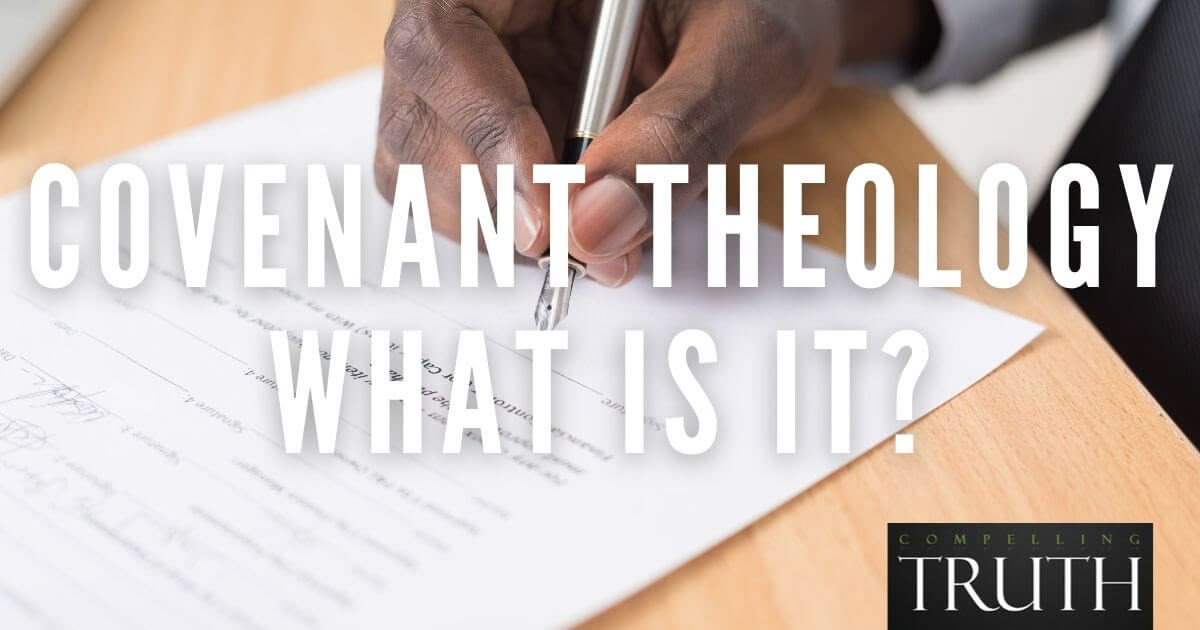The Mosaic Covenant was a bilateral, conditional agreement that was made between God and His people, Israel, meaning that both parties were responsible to fulfill a duty to the other. God promised blessings for obedience and curses for disobedience (Exodus 19:5–8). The Mosaic Covenant was different from the unconditional Abrahamic and Davidic Covenants, as its blessings depended on Israel’s actions. Despite the covenant’s demands, the Israelites failed to keep it, highlighting humanity’s inability to achieve righteousness on their own. The Mosaic Law pointed to Christ, who fulfilled it, bringing redemption and grace for living out God’s commands through the Holy Spirit today.
There is a great deal of confusion over the Mosaic Covenant. Why would the gracious God of the New Testament, who loves and forgives unconditionally and whose salvation is not merit-based, create a conditional, merit-based covenant with His people in the Old Testament? Is this not contradictory? We can find the answer to this puzzle in several places in the New Testament epistles, where the apostle Paul discusses the Old Covenant vs. the New Covenant. The Old Covenant he is referring to is the Mosaic Covenant, also called "the Law." The purpose of the Law, says Paul, was to make people aware of their inability to obey so that when Christ came, they would recognize their need for Him (Galatians 3:24–25). When the Mosaic Covenant was formed, the people of Israel responded to God's reminder to obey with the words "All that the LORD has spoken we will do" (Exodus 19:8). However, the rest of the biblical history of that nation shows that they never obeyed Him for long. The Mosaic Covenant was not a contradiction but a necessary tool to reveal human sinfulness and the need for a Savior. It served to prepare people for Christ by showing them their inability to achieve righteousness on their own, pointing to the grace and transformation found in the New Covenant. The Mosaic Law was fulfilled in Christ, bringing us redemption and the grace to live out God’s commands through the power of the Holy Spirit today.




